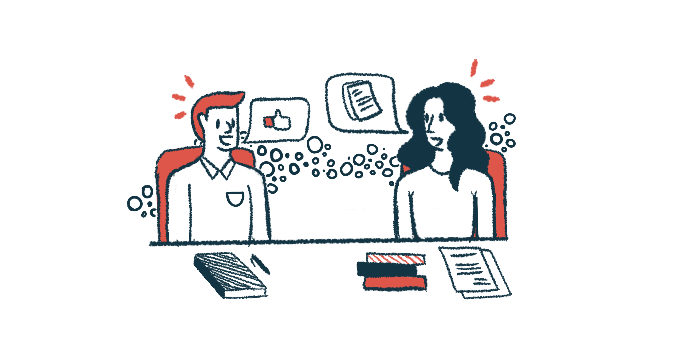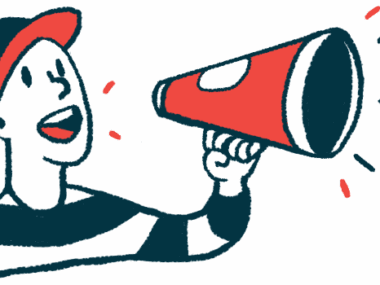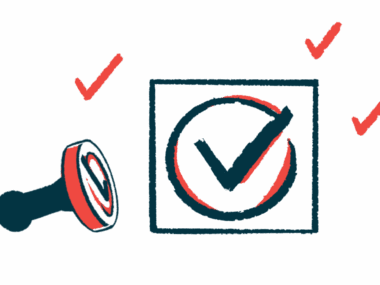BrainStorm, FDA map out next steps for Phase 3b testing of NurOwn
Meeting held to ensure trial's design is in line with FDA requirements
Written by |

BrainStorm Cell Therapeutics has had a meeting with the U.S. Food and Drug Administration (FDA) seeking an agreement on its plans for a confirmatory Phase 3b trial of NurOwn, a cell-based treatment the company is developing for amyotrophic lateral sclerosis (ALS).
The main goal of the meeting, announced by BrainStorm in late November, was to discuss a special protocol assessment, or SPA, which ultimately ensures that the design of an upcoming trial is in line with FDA requirements to support a future marketing application.
The company now will submit the needed documents, as defined by the regulatory agency during the meeting, to support the SPA.
“Our meeting with the FDA provided us with valuable input on the Phase 3b trial design, outlining clear steps forward,” Chaim Lebovits, BrainStorm’s president and CEO, said in a company press release.
While the SPA does not guarantee that the trial results will be enough to support a potential approval, it “will serve to help de-risk certain regulatory aspects of the NurOwn clinical program,” Lebovits said.
BrainStorm aims to resubmit NurOwn application with new trial data
The meeting was held a couple of months after BrainStorm withdrew its application for NurOwn’s approval in the U.S. following a negative opinion by an FDA advisory committee. According to that committee’s overall findings, there was not enough evidence of the therapy’s efficacy. The negative opinion came just three months before the FDA had been expected to issue a decision on NurOwn’s approval.
BrainStorm then sought the face-to-face meeting with an aim toward ultimately getting its therapy approved.
“We recognize the urgency in providing ALS patients with safe and efficacious treatments and are committed to agreeing on a regulatory path forward for NurOwn. We are grateful for the FDA’s continued support and guidance and look forward to providing further updates once we have more clarity on an SPA,” Lebovits said.
We recognize the urgency in providing ALS patients with safe and efficacious treatments and are committed to agreeing on a regulatory path forward for NurOwn.
In ALS, motor neurons — the nerve cells that control voluntary movements of muscles — become damaged and die. As a result, people with ALS experience symptoms such as muscle twitching, wasting, and weakness, which worsen over time.
NurOwn involves collecting mesenchymal stem cells from a patient’s bone marrow. These stem cells, which can give rise to a variety of cell types, are matured in the lab into cells that produce large amounts of molecules that could help motor neurons survive.
The lab-grown cells are then returned to the patient through injections into the spinal canal, where they are expected to release the beneficial molecules and prevent motor neurons from dying, thereby slowing disease progression.
BrainStorm’s initial application for NurOwn’s approval was mainly based on data from a Phase 3 trial (NCT03280056) that enrolled 189 adults with a diagnosis of ALS and rapidly progressing disease. Participants were given three injections of either NurOwn or a placebo at two-month intervals.
While a greater proportion of NurOwn-treated patients had a slower disease progression, as measured by a 1.25-point slower rate of decline in the ALS Functional Rating Scale (ALSFRS-R) after about seven months, the difference did not reach statistical significance.
With a Phase 3 trial that failed to meet its main goal, and despite promising results in trial participants with less advanced disease, the FDA declined to review an application for NurOwn’s approval, citing insufficient clinical evidence for its efficacy. The advisory committee meeting then backed the agency’s opinion.
The company now hopes that the future Phase 3b trial will provide enough data of the therapy’s benefits in ALS to allow a resubmission of a marketing application seeking regulatory approval.






